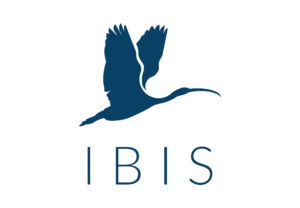Infant Brain Imaging Study- Early Prediction (IBIS-EP)
What is the IBIS Study about?
The Infant Brain Imaging Study (IBIS) aims to investigate and identify biomarkers of ASD in early infancy. In conjunction with fMRI, electroencephalography (EEG) was added to the IBIS study to provide a direct measure of brain activity in awake and engaged infants and to further enhance the scalability of identified biomarkers. At 6-,12-, and 24-months of age, families will travel to one of the 5 IBIS data collection sites for developmental testing, an MRI during natural sleep and an EEG. LENA language recordings take place at 6-,12-, and 18-months of age.
Online questionnaires are also to be filled out by families at 9- and 18-months of age. Infants at higher likelihood (HL) of an ASD diagnosis are seen at these time points and clinical outcomes are assigned at 24 months of age. Families will be reimbursed for all travel-related expenses and compensated for participation.
Who can participate?
The IBIS study is actively recruiting infants under 6 months old with an older, full sibling with an Autism diagnosis.
Infants under 6 months of age with an older, full sibling with typical development may also participate as part of the control group.
Where can you participate?
Five sites across the United States are actively collecting data for the IBIS-EP study. These include:

